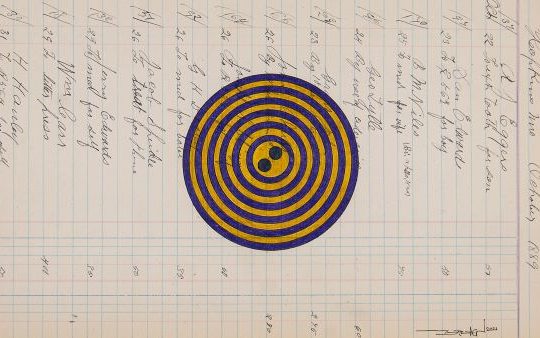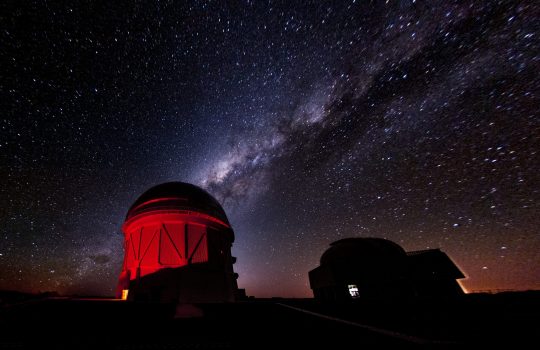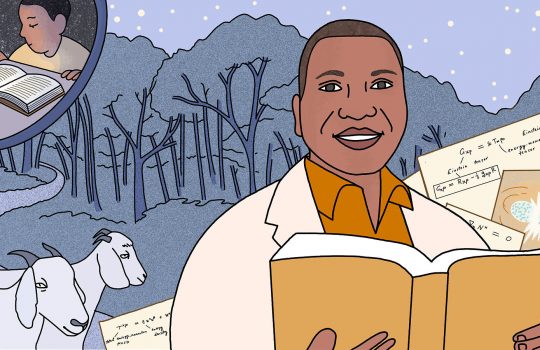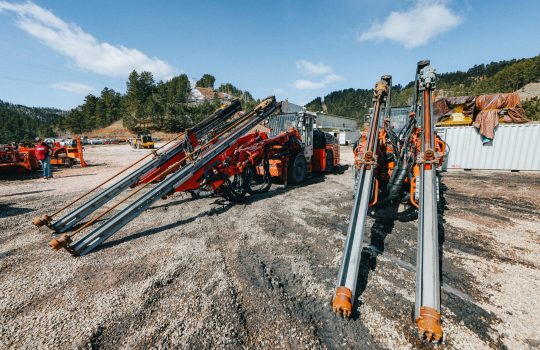Dark Energy Survey is out. 29 papers covering 226 million galaxies across 7 billion light-years of space
From Universe Today, May 30, 2021: The Dark Energy Survey camera (DECam) was funded by the Department of Energy (DOE) and was built and tested at Fermilab. The DES took place over 6 years from 2013 to 2019, and looked at over 1/8th of the night sky for a total of 758 night




